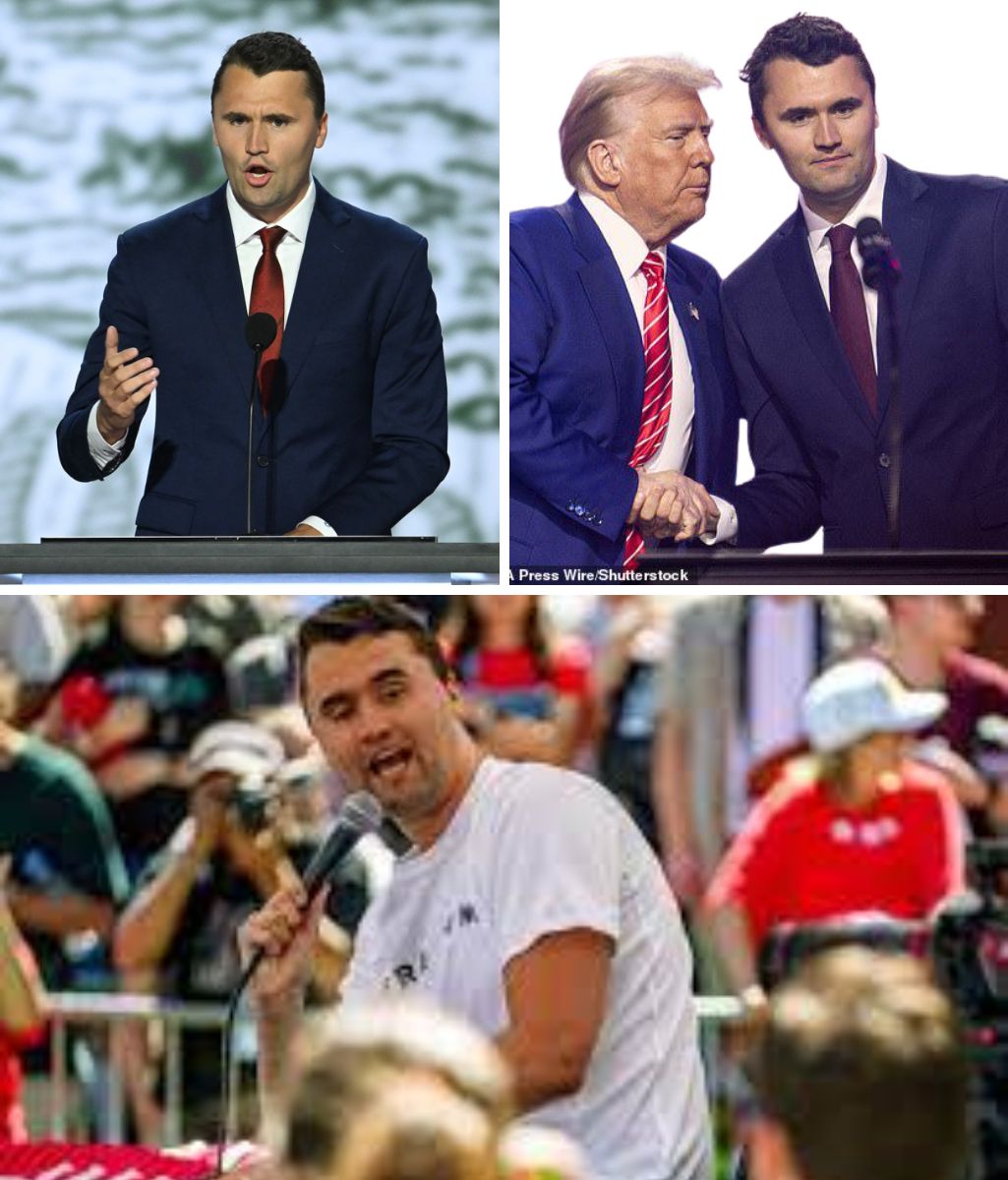
he Short Life of the ‘Conservative Hero’ Loved by Mr. Trump
In American politics, few figures rise to prominence quickly enough to capture both national attention and the admiration of a former president. Yet such was the case with a young conservative activist whose life ended before its story could fully unfold. To many of his supporters, he embodied a new wave of right-leaning populism—outspoken, energetic, and unafraid to challenge the status quo. To critics, he was a lightning rod for controversy, a symbol of the shifting landscape of American conservatism in the 21st century.
What set him apart was not just his ability to draw headlines, but his unusual closeness to Donald Trump. At rallies, conferences, and private gatherings, he was welcomed as a rising star—a “conservative hero,” as many described him. Trump himself praised him repeatedly, highlighting his efforts to galvanize younger voters and his unapologetic embrace of the America First agenda. For a movement searching for youthful energy and future leadership, he seemed to represent the bridge between Trump’s era and what might follow.
Born into a middle-class family, his story was one of ambition and relentless drive. From his earliest days, he had a knack for organizing and a flair for communication. By his late teens, he was already speaking at events, writing columns, and challenging older voices in the conservative movement. To those who followed his career, his rise felt meteoric but also inevitable—a reflection of how much the Republican grassroots yearned for new voices.
Yet behind the applause and the growing list of admirers, his life was marked by pressure and controversy. Critics accused him of spreading division, of bending facts for political gain, and of turning complex issues into partisan soundbites. But in the world of modern politics, where media cycles are unforgiving and polarization fuels momentum, he thrived on the attention, whether positive or negative.
The end of his life came shockingly soon, cutting short what many believed was only the beginning of a long political career. Tributes poured in from across the conservative spectrum, with Trump himself offering words of admiration and sorrow. For supporters, it was the loss of not just a young man, but a symbol of hope for the future of their movement. For others, it was a moment to reflect on the intensity of American politics, where figures can burn brightly and fade suddenly.
What remains is a legacy complicated by both inspiration and controversy. Admirers will remember him as the firebrand who gave voice to their frustrations and aspirations. Detractors will point to the divisiveness of his rhetoric. But beyond politics lies the human truth: a life lived at extraordinary speed, ended too soon, leaving questions of what might have been.
In the years ahead, his name will likely be invoked in discussions about the future of conservatism in America—what direction it should take, and what lessons can be learned from the figures who rose and fell along the way. His short life is a reminder that heroes, whether embraced or disputed, often reflect the times they live in. And in his brief but dramatic chapter, he reflected a nation still wrestling with identity, division, and the search for leadership.